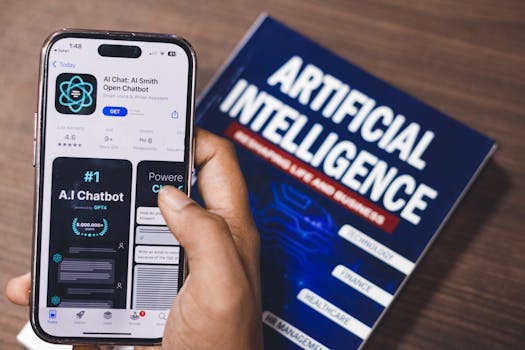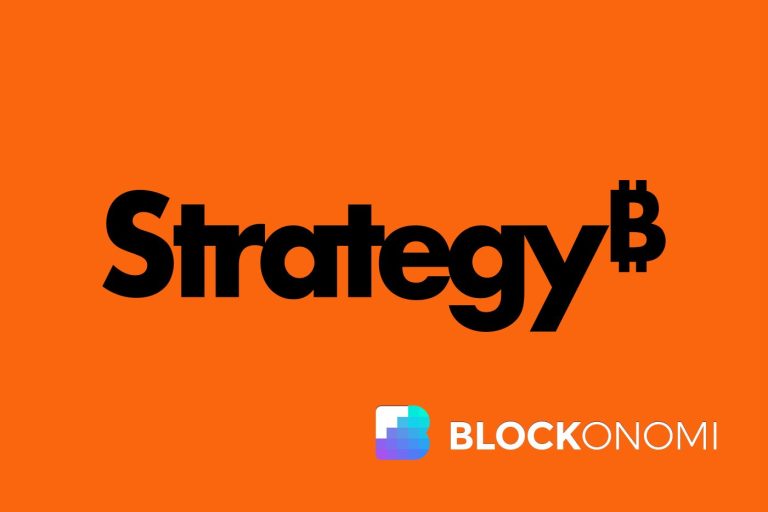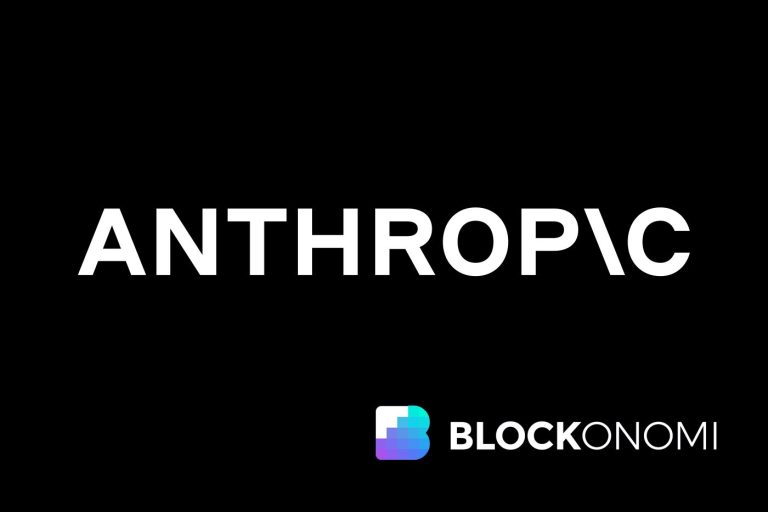
The Future of Education: What 2025 Holds
Introduction to the Future of Education

The Future of Education is expected to undergo significant transformations by 2025, driven by technological advancements, shifting learner needs, and evolving societal demands. As we embark on this new era, it’s essential to explore the trends, innovations, and challenges that will shape the education landscape. In this article, we’ll delve into the key aspects that will define the future of education, from personalized learning to artificial intelligence, and what this means for learners, educators, and institutions.
Key Trends in the Future of Education

The future of education will be characterized by several key trends, including:
- Personalized Learning: With the help of AI and machine learning, education will become more tailored to individual learners’ needs, abilities, and learning styles.
- Online and Hybrid Learning: The rise of online learning will continue, with a focus on flexible, accessible, and interactive learning experiences that combine the best of both online and offline learning.
- Artificial Intelligence and Automation: AI will play a vital role in enhancing the education experience, from adaptive assessments to intelligent tutoring systems, and automating administrative tasks.
- Virtual and Augmented Reality: Immersive technologies will revolutionize the way we learn, making complex concepts more engaging, interactive, and memorable.
- Competency-Based Education: The focus will shift from traditional age-based grade levels to competency-based progression, where learners demonstrate mastery of skills and knowledge.
Challenges and Opportunities in the Future of Education

While the future of education holds much promise, there are also challenges and opportunities that need to be addressed:
- Digital Divide and Accessibility: Ensuring equal access to quality education, particularly for underprivileged or marginalized groups, will remain a pressing concern.
- Teacher Training and Support: Educators will need professional development and support to effectively integrate new technologies and pedagogies into their practice.
- Assessment and Accountability: Developing innovative, valid, and reliable assessments that measure learner progress and mastery in a competency-based system.
- Data Privacy and Security: Protecting learner data and ensuring the secure use of educational technologies will become increasingly important.
Conclusion: Embracing the Future of Education

In conclusion, the future of education in 2025 will be shaped by technological innovations, shifting learner needs, and evolving societal demands. As we move forward, it’s essential to prioritize personalized learning, online and hybrid learning, artificial intelligence, and virtual and augmented reality. By addressing the challenges and opportunities that arise, we can create a more inclusive, effective, and inspiring education system that prepares learners for success in an ever-changing world.






